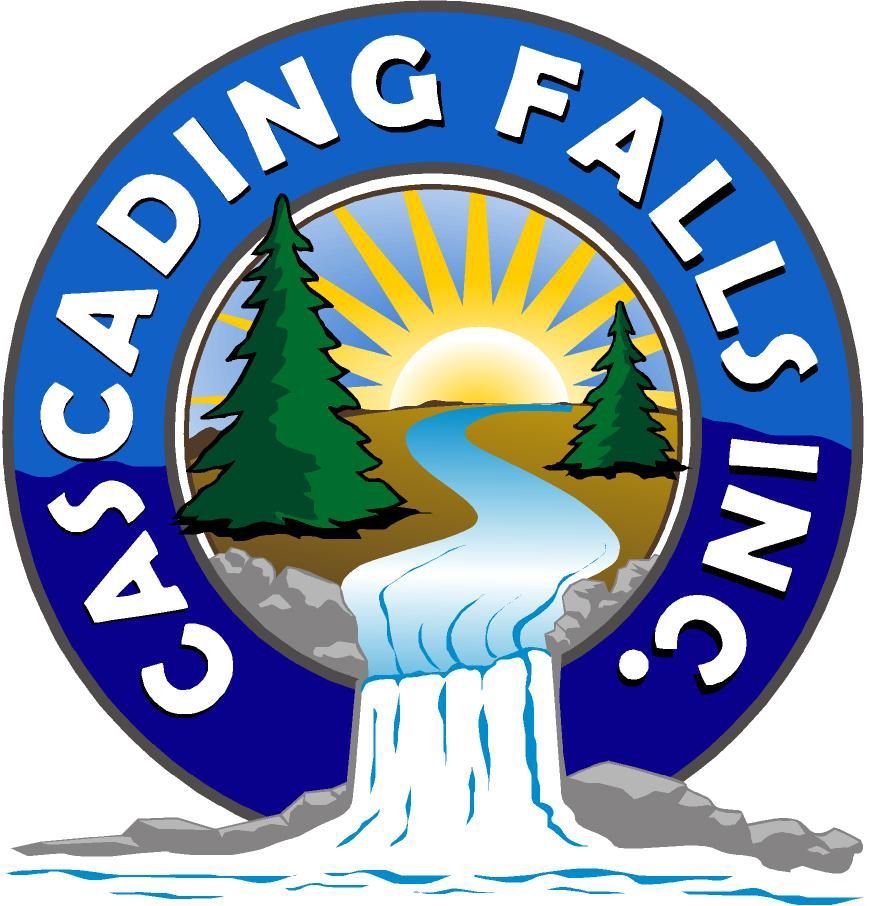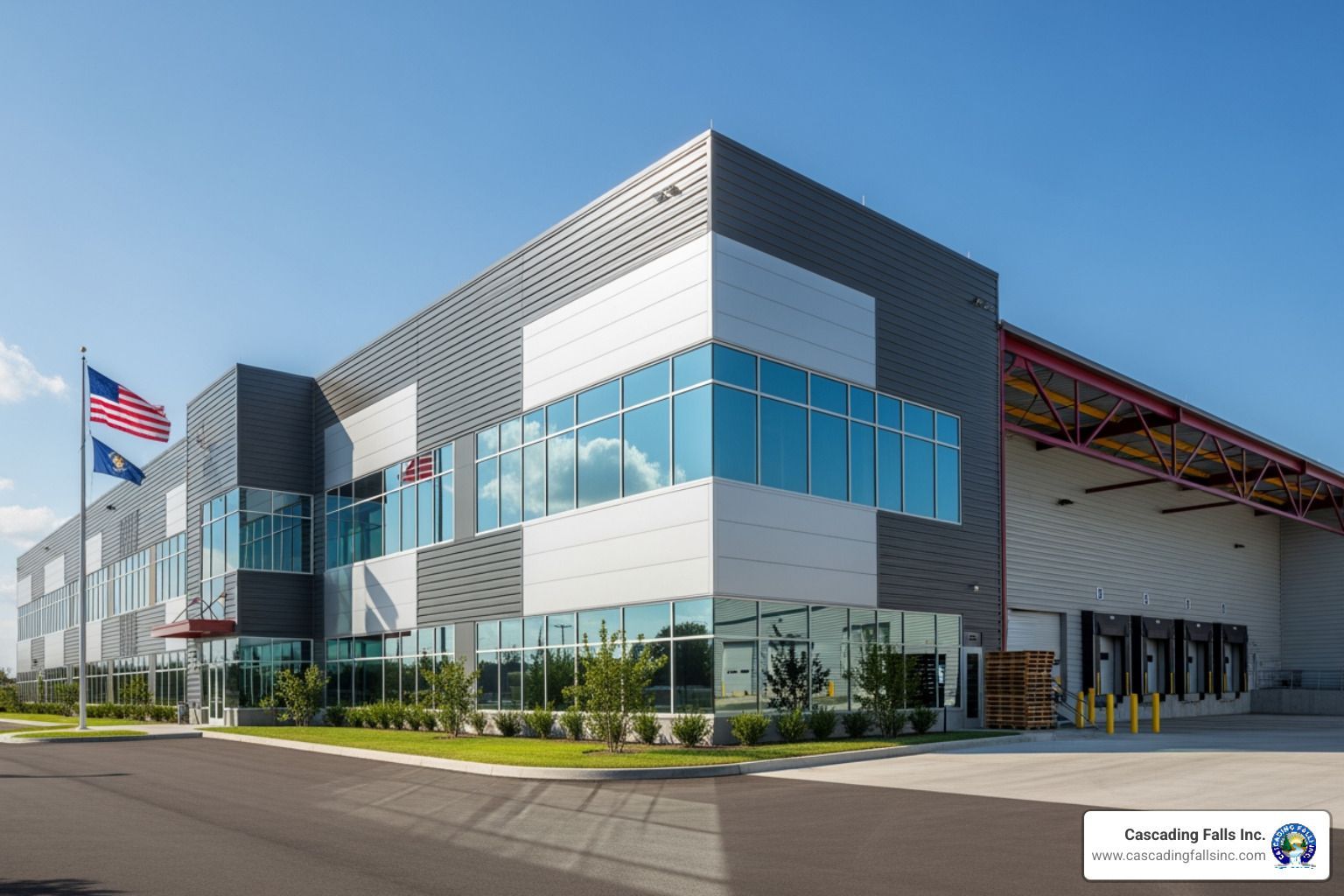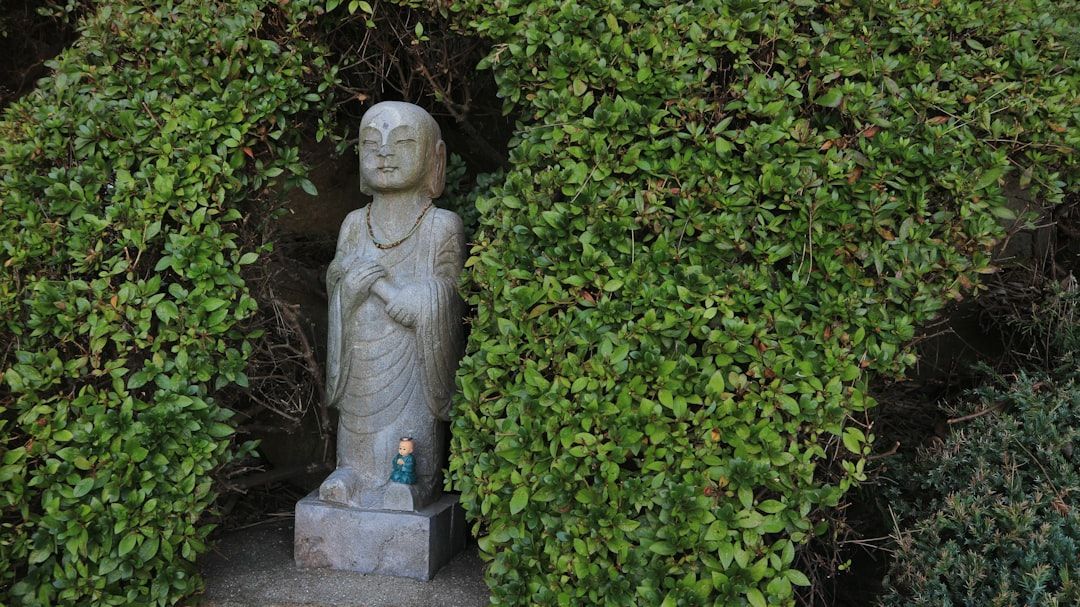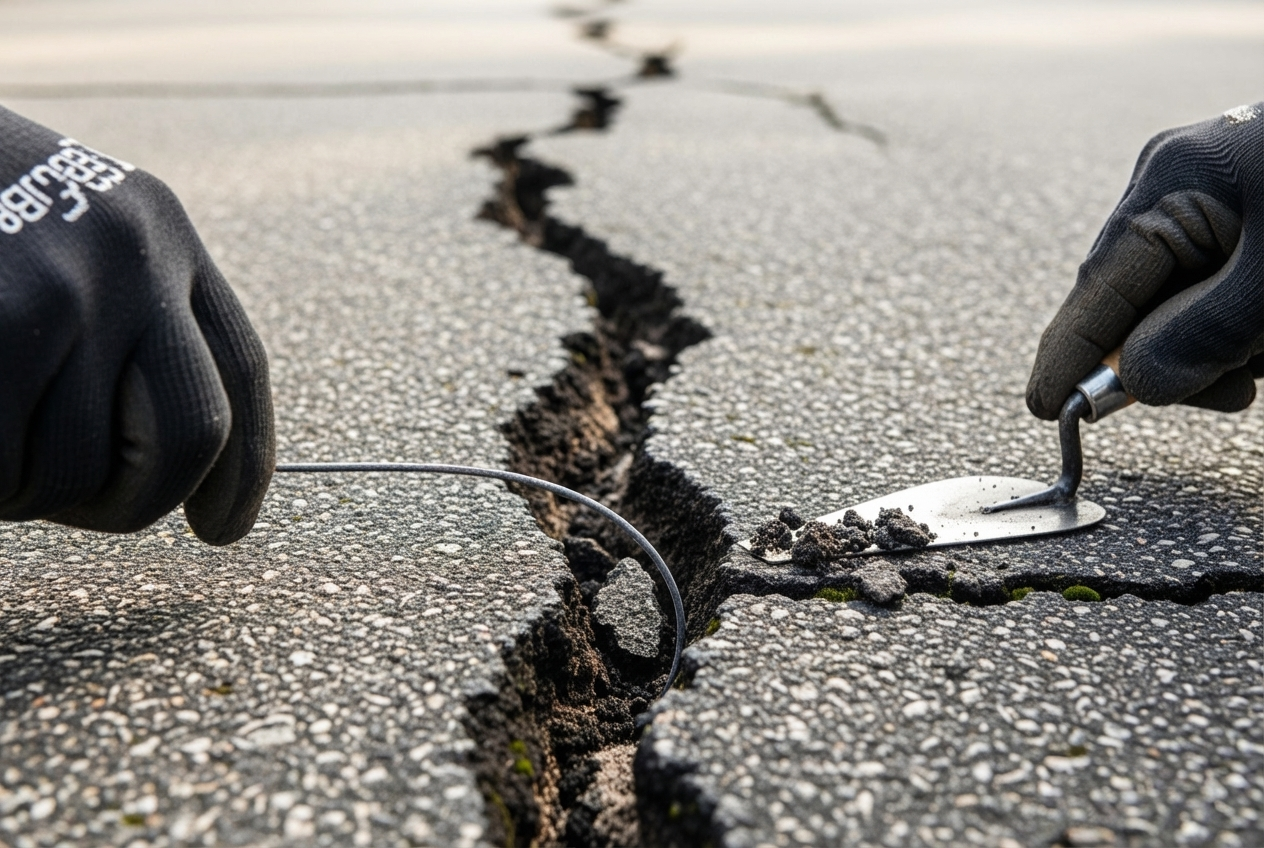Why Planning Your Driveway Replacement Project Matters
Driveway replacement is one of the most impactful home improvements you can make, with costs typically ranging from $2,700 to $9,700 depending on material choice and project size. Here's what you need to know:
Key Driveway Replacement Facts:
- Average cost: $4,500-$6,400 for most projects
- Property value increase: 5-10% boost to home value
- Material lifespan: Concrete (30+ years), Asphalt (15-20 years), Pavers (30-40 years)
- Best timing: Spring and fall for optimal installation conditions
- Cost factors: Size, material choice, site preparation, and local labor rates
Many homeowners don't realize the complexity of their driveway situation—from hidden tree roots to a failing base—until replacement becomes necessary.
When to replace vs. repair:
- Replace: Extensive cracking, multiple potholes, poor drainage, or driveway age exceeding expected lifespan
- Repair: Minor cracks, small potholes, or surface-level damage on newer driveways
The decision between repair and replacement significantly impacts your budget and long-term satisfaction. A properly planned replacement addresses underlying issues like poor drainage and inadequate base preparation that simple repairs can't fix.
I'm David Shelly. With nearly two decades in construction since 2005, including 15 years running a landscape construction business, I've guided countless property owners through successful driveway replacement projects. My expertise ensures you make informed decisions for a lasting investment.
Signs It's Time for a New Driveway: Repair or Replace?
Your driveway works hard, but even the toughest surfaces show their age. Knowing when to patch things up versus when it's time for a complete driveway replacement can save you money and headaches. The warning signs are usually obvious once you know what to look for.
-
Alligator Cracks: Widespread, interconnected cracks indicate a failing foundation. While filling minor cracks is a temporary fix, extensive alligatoring means the sub-base has failed and needs replacement.
-
Deep Potholes: These are more than just a nuisance; they damage your vehicle's suspension and pose a trip hazard. Patching small ones ($3 to $5 per square foot) is fine, but recurring potholes point to a failed sub-base.
-
Poor Drainage: Water pooling on your driveway erodes the foundation and can even threaten your home. Correcting drainage issues often requires starting from scratch with proper grading.
-
Sinking or Settling: Uneven areas that create a roller-coaster effect mean the ground beneath wasn't compacted properly or is being disturbed by tree roots. These are significant safety hazards.
-
Crumbling Edges: When the edges of your driveway start to break apart, the damage will spread inward. It's a clear sign that the overall structure is weakening.
-
Spalling: This flaking or pitting on a concrete surface is a serious issue. It happens when the protective top layer is compromised, which significantly speeds up deterioration.
-
Age: Even with perfect care, materials have a lifespan. Asphalt lasts 15-20 years, concrete 30+ years, and pavers 30-40 years. If your driveway is reaching these milestones and showing multiple problems, replacement is usually the more cost-effective solution.
-
Safety Hazards: A deteriorated driveway is dangerous. Uneven surfaces and large cracks are trip hazards, especially for children, elderly family members, or anyone with mobility challenges.
Minor cracks and small potholes can often be patched, but when you're dealing with multiple issues or underlying structural problems, it's time to consider a fresh start. Don't let a failing driveway drag down your home's curb appeal and safety. For expert guidance on concrete damage and professional solutions, check out our concrete services to determine if repair or replacement is your best option.
Breakdown of Driveway Replacement Costs
Understanding driveway replacement costs upfront helps you make smart decisions. The typical homeowner spends between $2,700 and $9,700, with most projects landing around $4,500 to $6,400. Your actual cost will depend on several key factors.
Labor costs account for about 50% of the total budget, typically ranging from $5 to $11 per square foot. This covers the expertise, equipment, and professional installation needed for a durable result.
- Old Driveway Removal: Before new material can be laid, the old driveway must be removed. This costs $1 to $3 per square foot, or between $1,000 and $2,500 for most projects, including debris hauling.
- Site Preparation and Grading: This crucial step ensures a stable foundation. Excavation costs $2 to $6 per square foot, while grading adds another $1 to $2 per square foot. Removing plants or trees can add $1 to $5 per square foot.
- Local Permits: Depending on your city, permits usually run $50 to $200. We handle this paperwork to ensure full compliance.
Here's how the most popular materials stack up:
| Material | Typical Cost per Sq. Ft. (Installed) | Typical Lifespan | Maintenance Level |
|---|---|---|---|
| Asphalt | $7 - $13 | 15-20 years | Medium-High (resealing every 2-3 years) |
| Concrete | $9 - $24 | 30+ years | Low-Medium (sealing every 4-5 years) |
| Pavers | $10 - $50 | 30-40 years | Medium (sealing, weed control, occasional leveling) |
| Gravel | $1 - $3 | Indefinite (with regular topping) | High (topping up every 2-3 years, regrading, weed control) |
Key Factors Influencing Driveway Replacement Costs
Several factors shape your final bill:
- Driveway Size and Shape: A larger area costs more, but complex shapes with curves also increase labor costs due to the precision required.
- Material Choice: As the table shows, material costs vary significantly, from budget-friendly gravel to premium pavers.
- Project Complexity: Challenging terrain or special features like heated systems (adding $3,000 to $8,700) will increase the overall cost.
- Geographic Location: Local labor rates and material availability in California influence pricing.
- Climate Considerations: Areas with freeze-thaw cycles require a more robust base, adding to labor and material costs.
- Drainage System Installation: Proper drainage is essential to protect your driveway and home foundation. Budget $400 to $2,400 for necessary drainage systems.
Typical Costs for Driveway Replacement by Material
Here's a breakdown of what to expect for a standard 600-square-foot driveway:
- Asphalt Cost: At $7 to $13 per square foot installed, an average driveway costs $4,200 to $7,800. It's a cost-effective option upfront but requires more maintenance.
- Concrete Cost: Ranging from $9 to $24 per square foot, a concrete driveway costs $5,400 to $14,400. It's pricier initially but offers greater longevity and lower maintenance.
- Paver Cost: As a premium option from $10 to $50 per square foot, a paver driveway can cost $6,000 to $30,000 or more. The aesthetic appeal and durability are best.
- Gravel Cost: The most budget-friendly choice at $1 to $3 per square foot, a gravel driveway might only cost $600 to $1,800. It's ideal for functionality on a tight budget.
Choosing the Best Material for Your New Driveway
When it comes to driveway replacement, choosing the right material is key to balancing appearance, budget, and long-term performance. There is no single "best" material; the right choice depends on your local climate, maintenance preferences, and aesthetic goals.
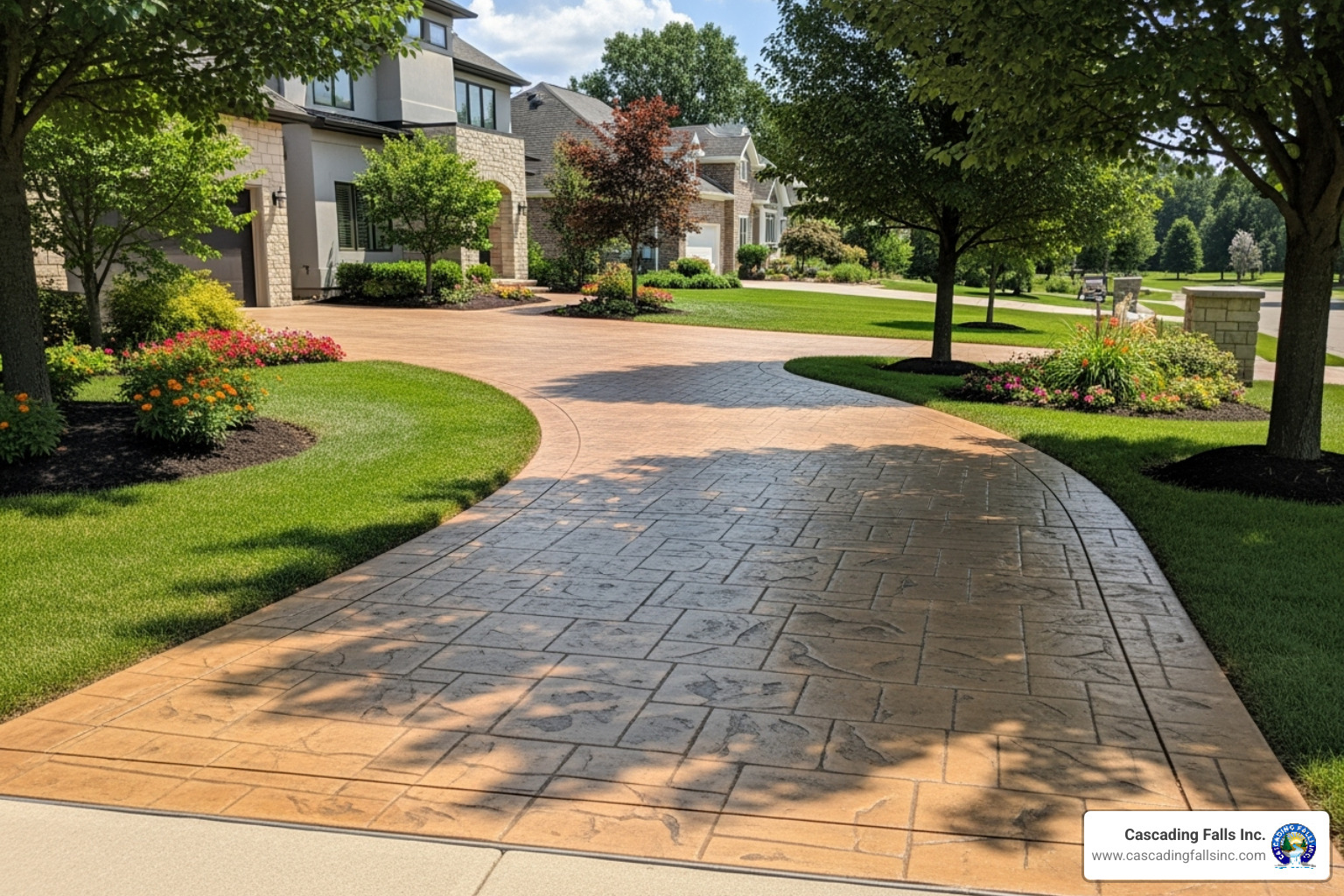
Let's walk through your main options for your driveway replacement project.
Concrete Driveways
Concrete is a popular choice in our Roseville and Sacramento service areas for its durability and design flexibility. A properly installed concrete driveway can last 30 years or more, making it an excellent long-term investment.
Customization options are a major benefit. Stamped concrete can mimic high-end materials like brick or flagstone, while colored and stained concrete offer endless design possibilities to match your home and landscape. Concrete's lighter color also stays cooler in the summer than dark asphalt. The main drawbacks are a higher initial cost and the potential for noticeable repairs if cracking occurs. For those interested in the technical side of modern concrete, the National Ready Mixed Concrete Association offers in-depth resources. Our expertise in Concrete Services ensures your driveway is both beautiful and built to last.
Asphalt Driveways
Asphalt is a practical, affordable option that delivers solid performance. Its lower upfront cost and quicker installation time make it an attractive choice for those on a tighter budget. In colder climates, asphalt's flexibility helps it resist cracking during freeze-thaw cycles. You can expect a lifespan of 15-20 years with proper care.
The trade-off is higher maintenance. Asphalt requires resealing every 2-3 years to protect it from damage. Its dark surface also gets very hot in the summer.
Paver Driveways
Pavers offer the ultimate in aesthetic appeal and design flexibility, significantly boosting curb appeal and property value.
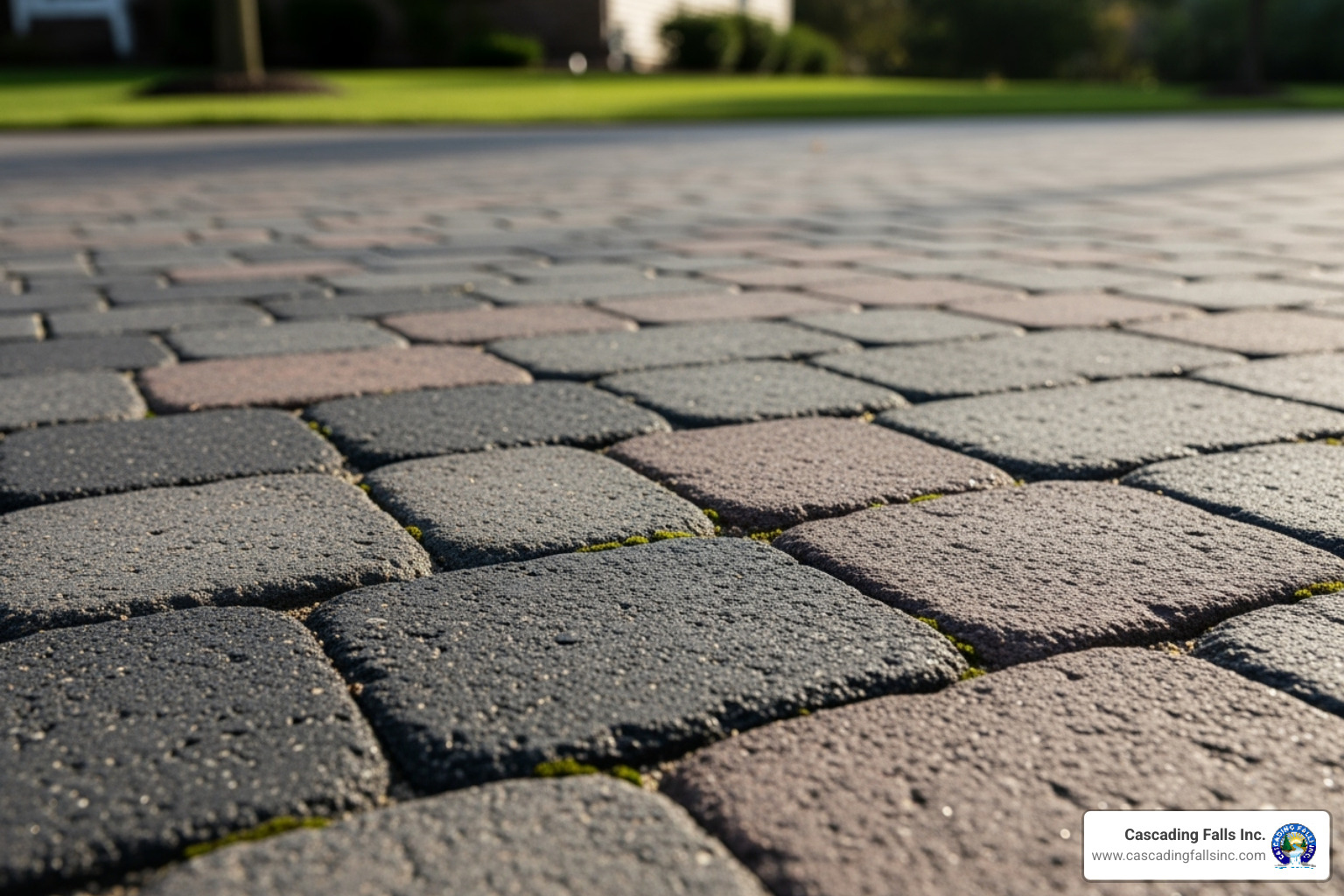
With countless colors, shapes, and patterns, the design possibilities are limitless. A key advantage is that individual pavers can be easily repaired or replaced. With a lifespan of 30-40 years, pavers are exceptionally durable. However, they have the highest initial cost due to materials and labor-intensive installation. Maintenance involves regular sealing to prevent weeds and periodic cleaning.
Gravel Driveways
Gravel is the budget-friendly champion, perfect for a rustic look or long driveways where cost is a major factor. At just $1-3 per square foot, it's highly affordable. Gravel also provides excellent natural drainage.
The main trade-off is maintenance. Gravel requires regular topping up every 2-3 years, regrading to fix ruts, and ongoing weed control. Snow removal can also be difficult. Despite this, a gravel driveway can last indefinitely with proper care.
The Installation Process: DIY vs. Hiring a Professional
Once you've chosen your material, you must decide: DIY or hire a professional? While saving on labor is tempting, a driveway replacement is a complex job where mistakes are costly.
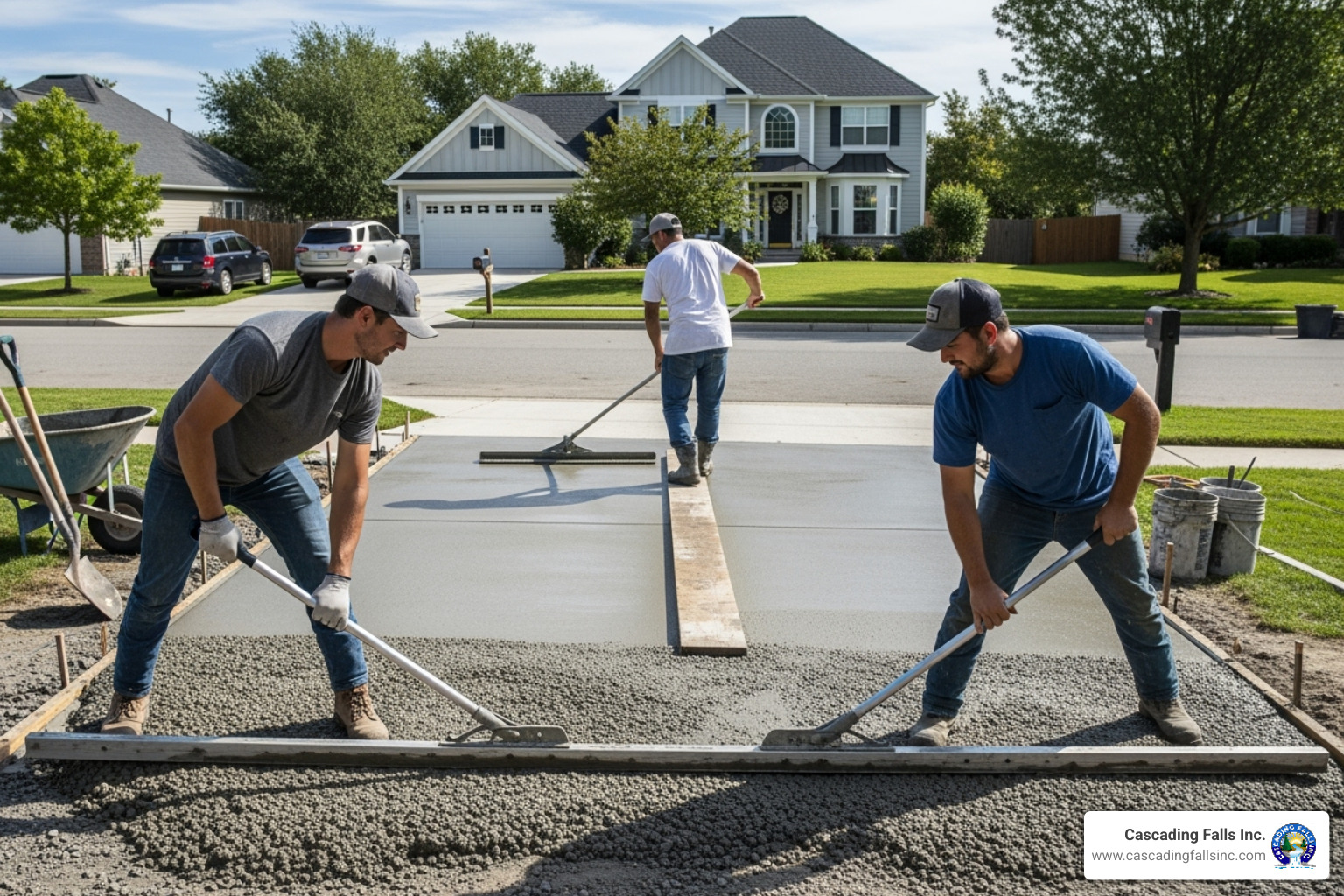
DIY can save money on labor for simple projects, but the disadvantages are significant for a full replacement. Renting heavy machinery ($300+/day) is expensive, and the work is physically demanding. More importantly, errors in grading or sub-base preparation can cause the new driveway to fail prematurely, costing far more to fix than the initial savings.
Hiring a professional offers expertise, proper equipment, efficiency, and warranty protection. Our "Whatever It Takes..." approach ensures a flawless finish that adds real value to your property. The higher upfront cost is an investment in durability and peace of mind.
Remember to check local regulations and HOA rules, as many communities in Roseville and Sacramento have specific requirements for driveway materials and dimensions. A professional contractor handles these requirements seamlessly.
Key Steps in Driveway Installation
A proper driveway replacement follows these critical steps:
- Demolition and Removal ($1-$3/sq. ft.): The old driveway is broken up and hauled away, ensuring a clean slate.
- Site Excavation and Grading ($3-$8/sq. ft. total): The area is excavated to the proper depth, then graded to ensure water drains away from your home's foundation.
- Sub-base Preparation: This is the most critical step. A layer of gravel or crushed stone is laid and compacted to create a stable foundation that prevents settling and aids drainage.
- Pouring or Laying Material: This step requires specific expertise. Concrete is poured to a 4-inch thickness with reinforcement. Asphalt is laid in hot layers. Pavers are set on a sand bed. Gravel is spread in compacted layers.
- Curing and Finishing: Concrete must cure properly and can be finished with textures or stamps. Asphalt cools and hardens. Pavers are compacted and jointing sand is added.
Our Landscaping Services can also ensure your new driveway integrates beautifully with the surrounding area.
Cost-Saving Tips for Your Project
- DIY Demolition: You may save money by removing an old asphalt or gravel driveway yourself, but factor in tool rental and disposal fees.
- Off-Season Scheduling: Booking your project in late fall or early spring can sometimes yield better rates from contractors.
- Choose Cost-Effective Materials: Gravel and asphalt have a lower initial cost than concrete or pavers.
- Get Multiple Quotes: Always get at least three detailed estimates to compare scope, pricing, and warranties.
- Opt for Standard Finishes: A standard broom-finish concrete driveway offers the same durability as decorative options at a lower price.
Frequently Asked Questions about Driveway Replacement
When homeowners start thinking about a driveway replacement, they naturally have questions. After nearly two decades in the construction business, I've heard these same concerns countless times. Let me share the answers that matter most to your decision-making process.
How much value does a new driveway add to a home?
Here's some good news: a driveway replacement is one of those home improvements that actually pays you back. A new driveway can boost your property value by 5% to 10%, making it a smart financial move whether you're planning to sell or simply want to increase your home's worth.
The magic happens through curb appeal. Think about it – your driveway is literally the path that leads visitors to your front door. It's one of the first things people notice when they pull up to your home. A cracked, stained, or crumbling driveway sends the wrong message, while a beautiful new one suggests that the property has been well-cared for.
For potential buyers, a pristine driveway means one less thing to worry about. They're not mentally calculating repair costs or wondering what other maintenance issues might be lurking. Concrete, asphalt, and paver driveways typically add the most value because they combine durability with visual appeal.
What is the best time of year to replace a driveway?
Spring and fall are your best friends when it comes to driveway replacement. These seasons offer the moderate temperatures that materials like concrete and asphalt absolutely love for proper curing.
Here's why timing matters so much: extreme heat can cause concrete to dry too fast, leading to those unsightly crazing cracks we mentioned earlier. On the flip side, cold temperatures can prevent proper curing, which affects the material's long-term strength and durability.
Avoid winter installation when there's melted snow and ice covering the ground. Proper base preparation is impossible under these conditions, and you'll end up with problems down the road. Summer can work, but we need to take extra precautions to protect the materials during the curing process.
The bonus of scheduling during these ideal seasons? You'll often find contractors have better availability and can focus more attention on your project.
How long should a new driveway last?
This is probably the question I hear most often, and the answer depends entirely on your material choice and how well you maintain your investment.
Asphalt driveways typically last 15-20 years with proper care. The key is staying on top of maintenance – sealing every 2-3 years and addressing minor cracks before they become major problems. It's like changing the oil in your car; regular attention keeps everything running smoothly.
Concrete driveways are the marathon runners of the driveway world, lasting 30 years or more when properly installed and maintained. They need sealing every 4-5 years and prompt attention to any minor issues, but their longevity often makes them worth the higher upfront cost.
Paver driveways can last an impressive 30-40 years with professional installation and consistent care. Their modular design actually works in their favor – if one section has problems, you can replace individual pavers without redoing the entire driveway.
Gravel driveways are unique because the base can last indefinitely, but you'll need to add fresh gravel every 2-3 years to maintain appearance and functionality. Think of it as ongoing maintenance rather than replacement.
The bottom line? Quality materials, professional installation, and consistent maintenance will always maximize your driveway's lifespan, regardless of which material you choose.
Conclusion: A Worthwhile Investment for Your Home
A driveway replacement is more than a simple repair; it's a smart investment in your home's value, safety, and curb appeal. It's about creating a welcoming entrance that protects one of your biggest financial assets and tells everyone that your home is cared for and valued.
The long-term benefits are clear. A new driveway provides a 5% to 10% boost in property value, eliminates safety hazards like potholes and cracks, and dramatically improves your home's appearance. A properly installed driveway with good drainage also protects your home's foundation, giving you peace of mind for decades.
At Cascading Falls Inc., we've guided countless homeowners through this process. We know it's a big decision, which is why our "Whatever It Takes..." approach means we're with you every step of the way. We take the time to understand your unique needs, budget, and style to deliver results that exceed your expectations.
Ready to take the next step? Your home deserves a driveway that matches its value and your standards. Get a professional estimate for your concrete driveway project today, and let's start building something beautiful together.
